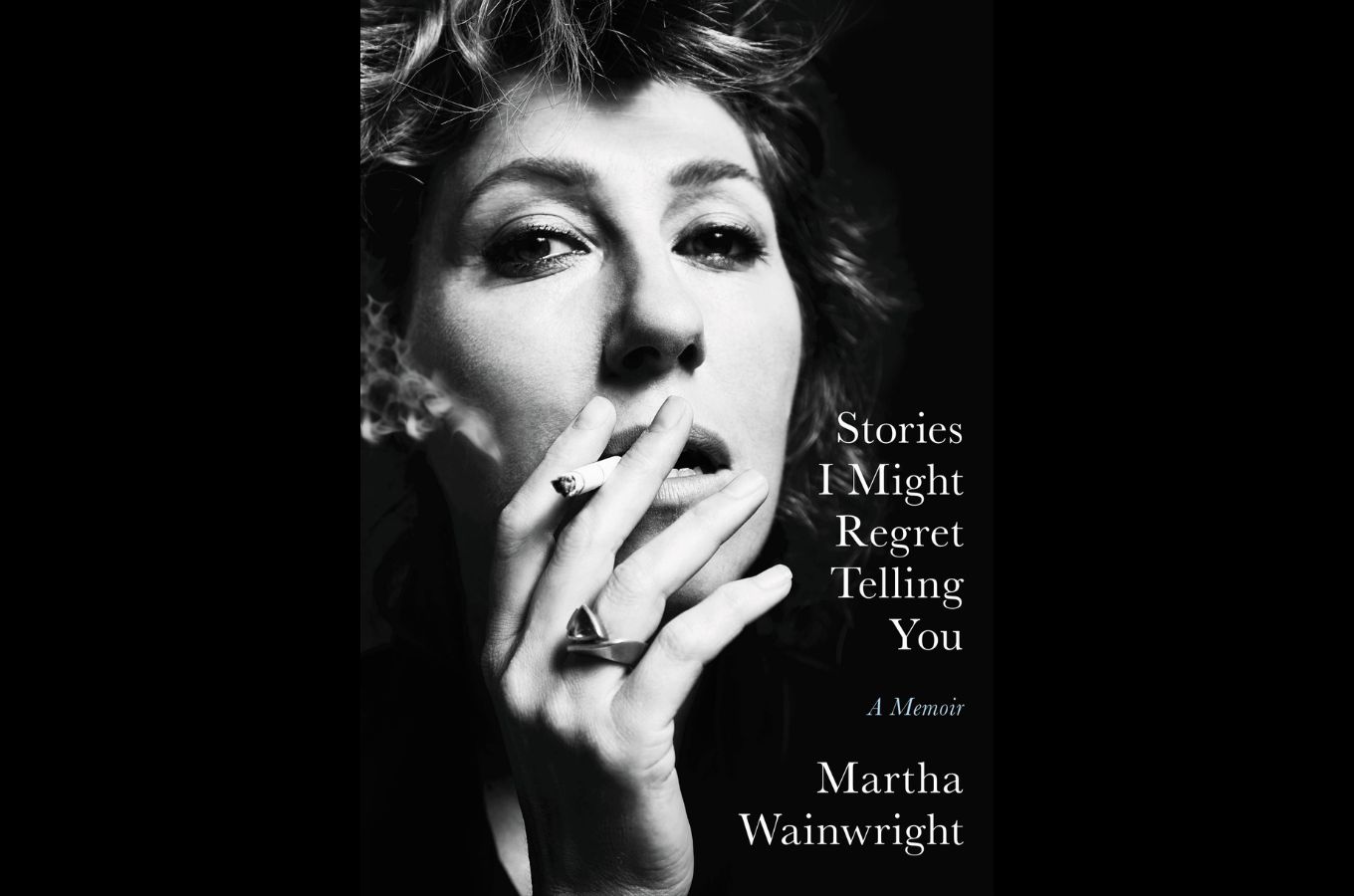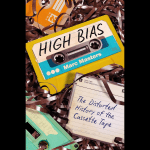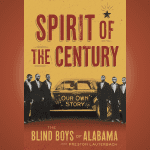THE READING ROOM: Martha Wainwright Pulls No Punches in Memoir

When Martha Wainwright was a teenager, her father, Loudon Wainwright III, told her that when he discovered her mother, Kate McGarrigle, was pregnant with her, he pressured her to have an abortion. McGarrigle freaked out as the procedure began, and the doctor talked her out of it. Thinking back on the story, Wainwright writes, “I was surprised when Loudon told me this story, and it also hurt my feelings.” As Wainwright tells us in her soul-baring, often painful book Stories I Might Regret Telling You: A Memoir (Hachette), this wasn’t this only time her father hurt her with his words, but she eventually offers her own riposte to him in song.
Wainwright’s memoir well illustrates Tolstoy’s line that “All happy families are alike; each unhappy family is unhappy in its own way,” a line that her father also uses in his song “Fam Vac,” from his new album, Lifetime Achievement (ND review). There’s enough misery and plenty of dysfunction to go around in this musical family, and Wainwright often bears the brunt of it. From the beginning she never feels fully at home in her family. “I was taught to be an outsider. An outsider with a ferociously close family.”
For Wainwright, being born into a musical family has been both a blessing and a curse. She’s inherited the gift of lyricism from her parents, and she and her siblings — brother Rufus and half-sister Lucy Wainwright Roche — have all made music together. Growing up, she remembers a lot of joy. “There were always lots of interesting people showing up at our big house … there were always musicians with folkie instruments, and characters from my mom and aunt’s [Anna McGarrigle] songwriting past, like their French translator, who had studied French poetry and chemistry at the Sorbonne and was now a struggling dairy farmer with missing fingers.” She also recalls how Linda Ronstadt and Emmylou Harris, who cut Kate and Anna’s songs like “Heart Like a Wheel” and “(Talk to Me of) Mendocino,” felt like moms to her. “They were the women who were out in the world, doing the hard work and reminding people, night after night, song after song, that women are as compelling and creative as men.”
When she was 14, Wainwright went to New York City to live with her dad for a year while her mother and aunt were touring and promoting their new album. Wainwright cuts right to the chase about her father and what she learned about him almost immediately: “My dad’s work comes first. Nothing else matters to him as much — not his partners, not his children. I knew this back then, and I know it now. The year I spent with Loudon involved lots of fights and lots of silences.” Later, she heard her father singing “I’d Rather Be Lonely,” which includes the lines “I’d rather be lonely / Every day you’re in my face / How can I get rid of you, I’d rather be lonely.” Wainwright always thought it was about a girlfriend, but one night with her in the audience he announced that the song is about his daughter and that year they lived together. As she points out, “considering all he’s done, he’s gotten through life relatively unscathed, a testament to putting yourself first. Though he would soon learn what it’s like to be on the other side of a mean song. I guess I’ve learned a lot from my dad.”
Loudon’s song was the springboard, she writes, for her song “Bloody Mother Fucking Asshole.” “I wrote the music quickly and was practically finished with it when the lyrics at the end came out of my mouth. It’s an earnest song, strident as it is vulnerable, and the coda really packs a punch … I wrote it out of misery, but it was also fun to sing. And very quickly after I started to perform it, it became an anthem for people who were mad at, or hurt by, someone.”
Looking back on her first song, “Question of Etiquette,” Wainwright encapsulates her style of writing: “It was the beginning of my own confessional style of songwriting, autobiographical and gory in all its details. It’s both unsurprising and a little disappointing that my first song can be added to a list of songs that members of my family have written ‘to’ or ‘about’ one another. Sometimes, when holding an instrument, our WASPy guard dissolves and we vomit out our feelings — so long as they rhyme. This, of course, can be a bad idea, but it’s something I do, over and over again … In a lot of my songs there are lines or phrases that are poetic or simply evocative of something, rather than being exact. I feel they better express what I mean.”
At the same time, Wainwright has trouble articulating her style: “It’s hard for me to write about my music, but I’m going to try. I have trouble watching or even listening to myself. I can listen to my tracks in the studio, of course, and I write songs for hours on end and have to listen back to the recordings I make as I go, but I don’t always like what I hear or see. Actually, I don’t think that’s the point of music. I think it’s a ride with twists and turns, ups and downs, and everything in between. Music is what you make as well as the thing that brings you to it and where it takes you. A place, a feeling, an experience, a country, a world.”
Wainwright still can’t help but compare her own songwriting to her parents’. “I feel that Kate’s music has a lyrical subtlety that mine lacks. She was way better at referencing history and philosophy in her lyrics. She could also play her instruments better than I play the guitar, and she’s written more iconic songs that other artists have covered. My father is perhaps the most underrated songwriter of his generation (that’s what my mom would say, when she was feeling generous) … Loudon’s voice and words should put him somewhere in the pantheon of male self-obsessed, overly sexed, witty, and whiny songwriters, but they often go unappreciated. He can distill complicated emotions beautifully into a three-minute song.”
Wainwright is an adroit observer of souls, her own included. Although Stories I Might Regret Telling You traverses an emotional landscape littered with pain and loss, she does not regret telling her story. Reflecting on life up until now, Wainwright concludes, “If I’m lucky, I’m about halfway through my life. Perhaps I am someone whose luck gets better halfway through. That would be good.”
Whether her luck improves or not, we’re fortunate that she’s shared these stories with us, giving us a raw glimpse at the difficulties of living in a musical family and the feeling of inadequacy that comes from falling even a little out of step. Stories I Might Regret Telling You testifies to the power of music and songwriting to save us.




